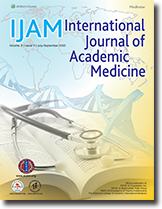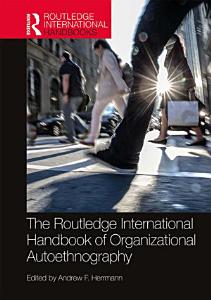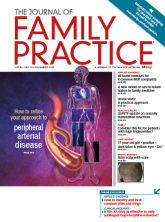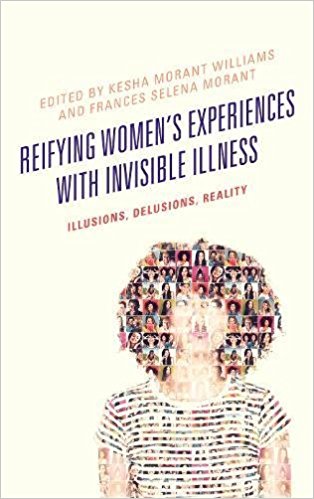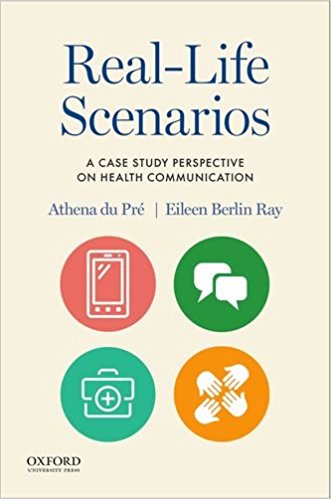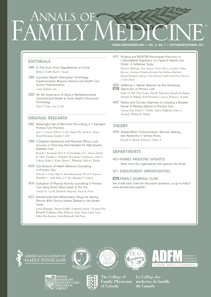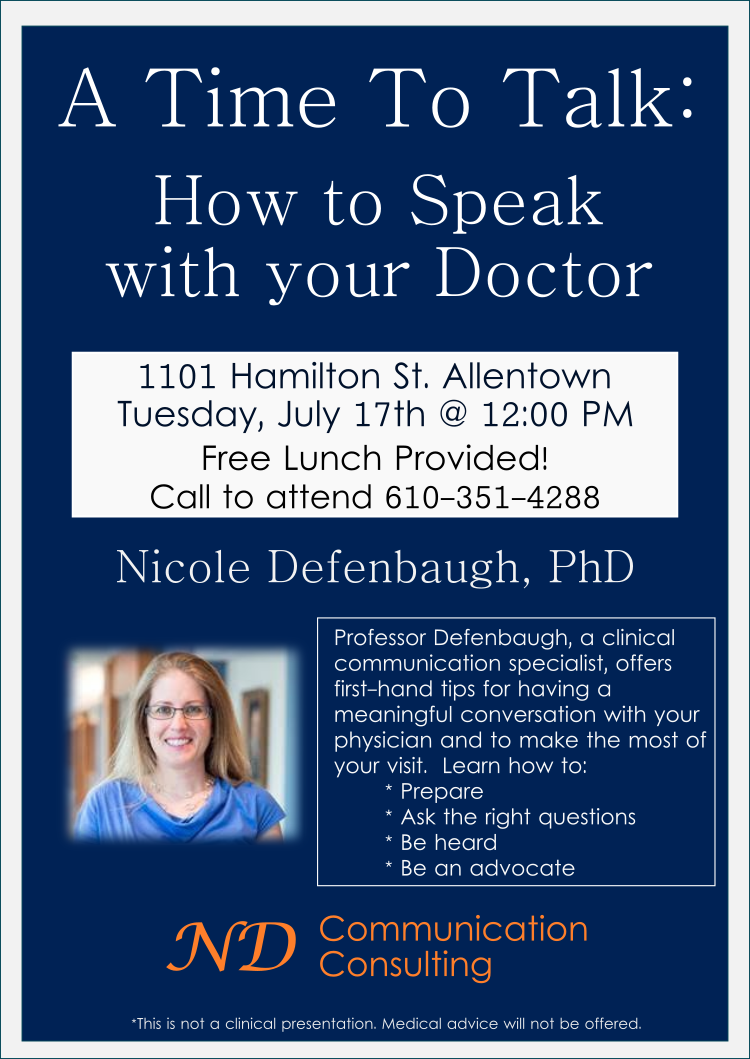Nicole Defenbaugh, Ph.D.
Nicole Defenbaugh (PhD) is an Associate Professor of Communication at Weber State University in Ogden, Utah. She previously worked as the Clinical Communication Specialist at St. Luke's University Health Network and founded of ND Communication Consulting LLC. Before starting her own consulting company, she was the Director of Education for the Department of Family Medicine at Lehigh Valley Health Network (Allentown, PA, USA). She was also an Associate Professor for the University of South Florida - Morsani College of Medicine. Before joining LVHN she was a professor of Communication Studies for 13 years with an emphasis in health communication, narrative, autoethnography, and performance.
Dr. Defenbaugh was honored for her teaching and service with the Outstanding Specialist Educator Award and Service Award at LVHN. Her research focuses on narrative medicine in chronic illness and autoethnographic writing about the physician-patient relationship. Her book, Dirty Tale: A Narrative Journey of the IBD Body examines the embodied experiences of living with ulcerative colitis and the institutional practice of diagnosing and labeling illness.
Her recent publications include the first autoethnographic study to be published in the Annals of Family Medicine, book chapters on gender and invisible illness and navigating digitized healthcare. She has an article on interprofessional education in nursing using standardized patients, a resident curriculum resource on cross-cultural communication and a grant submission on the use of the Hello game to engage patients in advance care planning conversations.
Dr. Defenbaugh has been awarded the Norman K. Denzin Qualitative Research Award and the Ellis-Bochner Autoethnography and Personal Narrative Research Award. She has publications in the Annals of Family Medicine, Journal of Graduate Medical Education, Qualitative Inquiry, Health Communication, and International Review of Qualitative Research, among others. She volunteers her time playing the harp and is an avid ballroom dancer.
Presenting at the Academy of Communication in Healthcare (ACH) Research Forum in Tampa, FL
June 2018
Society for Teachers of Family Medicine Conference workshop entitled "Sculpting Pain" in Washington DC
May 2018


